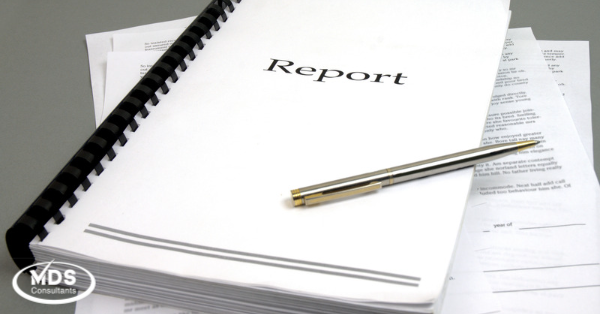Top SNF Challenges from the OIG Report
OIG released a report of the 2021 Top Management and Performance Challenges Facing the Department of Health and Human Services (HHS). The report from the Office of Inspector General (OIG) is titled, “2021 Top Management and Performance Challenges Facing HHS.” It is worth a closer look at how this information will influence nursing home care. This report keeps us informed on what federal organizations look at as they make future regulations for SNF’s.
The OIG identified six challenges HHS faces. The challenges highlighted include,
- “Safeguarding public health;
- Ensuring the financial integrity of HHS programs;
- Delivering value, quality, and improved outcomes in Medicare and Medicaid;
- Protecting the health and safety of HHS beneficiaries;
- Harnessing data to improve the health and well-being of individuals; and,
- Improving collaboration to better serve our nation.”
While the HHS has oversight of many programs, there are some comments directly intended for SNF’s:
- OIG will continue audits assessing SNF compliance with regulations and safety as noted in the report’s section on protecting health and safety of HHS beneficiaries.
- The focus on preventing abuse and neglect continues to be a priority. According to this report, “states and partners should use claims data to better identify unreported abuse and neglect.” The report suggests “CMS should compile a list of diagnosis codes that indicate potential abuse or neglect, conduct periodic data extracts, and encourage States to better use data to facilitate compliance with mandatory reporting laws” indicating that the RAI process can help to prevent abuse and neglect to residents.
Opportunities for Improvement
From an initial review, the OIG report suggests areas of improvement for SNF’s may include:
- RAI Process: MDS sections such as C and I contain data that indicates a resident is at risk for abuse. Future improvements could create better care planning to prevent citations and scrutiny.
- Policies & Procedures: SNF providers should review facility policies to ensure that procedures are in line with abuse F-Tags noted in the State Operation Manual, Appendix PP.
By reviewing the overarching issues and opportunities of HHS, providers can gain insight into future potential changes and proactively enhance care and well-being of SNF elders. Facilities that do this will be up to date on current federal concerns and focuses, delivering high quality care and minimizing resident risk.
References
https://oig.hhs.gov/newsroom/videos/2021-top-management-performance-challenges-facing-hhs/
